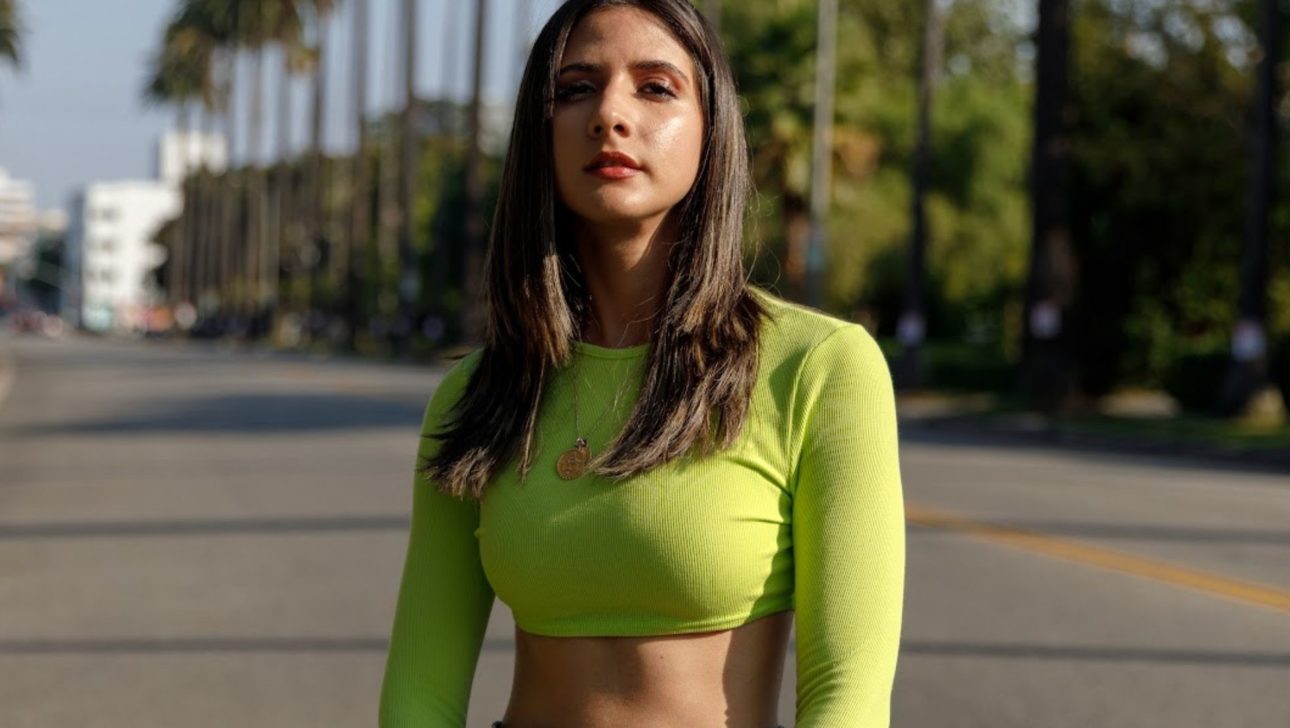When we think about diversity and inclusion in minority communities, we often forget how the things that make us who we are intersect and overlap. Even within disability activism, the myriad of experiences and identities within the disabled community are often overlooked and unrecognized. We sat down with Paula Carozzo to talk about her life and experiences as a disabled Latin woman, and what she thinks about intersectionality.
Describe what intersectionality means to you.
I see intersectionality as the crossover of different identities in social relations such as race, culture, sex, and disability and how they play a role in how we live and experience justice, equality, and oppression in our interconnected society. Intersectionality explains how many of our social justice problems often overlap – creating multiple levels of inequality, oppression, and social injustice. Intersectionality is oftentimes seen as a prism for understanding social justice issues including racism, sexism and ableism and how our identities relate with our own experiences and are impacted by oppression. This social way of thinking means getting to the root of these social issues to change the outcome of these experiences.
Why does intersectionality matter?
Intersectionality is pivotal because it doesn’t segment groups or identities when promoting diversity. The concept of intersectionality incorporates the relationships between our several identities and reveals how oppression is interlinked and can’t be solved as a singular issue, instead it should be seen as a compound issue. We can’t continue to fit everyone into one category. All of us are intersectional beings from all walks of life.
What is your relationship with intersectionality?
My relationship with intersectionality is pretty powerful, and I try to educate others about it. I am a disabled Latin woman, and the experiences I’ve had from my own intersectionality compound and heighten my experience of oppression. I constantly experience being seen as only a singular identity – disabled. People immediately associate hardships, struggles, and discrimination with this one identity, but fail to realize that my other identities, such as being a Latin woman, also enhance my experience with my disability. Before going into activism, I constantly experienced ableism in the workforce. I would show up to interviews and already sense that I was being automatically disqualified because of the way I walk. Companies pride themselves on being equal employers but don’t really live by the statement. This is just one example of how disability and race intersect and discrimination occurs.
When I became an activist, I realized fully just how much discrimination we continue to face in so many aspects of life – including things like medical insurance and benefits. I’ve received social security benefits in the past, because it was a bit difficult for me to get a job for a while. Once I was able to get a job, my benefits and medical insurance were removed by the system because, according to them, I was making “enough” to pay my expenses and to pay for my own medical insurance. But all I had was a part-time job. When I started having to pay for most of my medical treatments with a part-time salary, I couldn’t afford it, and had to quit my job to obtain my medical treatments at no cost. My parents immigrated from Venezuela to the US because they wanted a more accessible and inclusive life for me. While that was achieved, we were an immigrant Latin family who had to start from scratch in a new country, and that affected our socioeconomic status for many years, which is also why I had to seek benefits for such a long time.
What do people and companies fail to understand when they don’t prioritize disability into their other awareness initiatives, such as Black History Month, Pride, AAPI Month, or Hispanic Heritage Month?
First of all, you fail to provide awareness.
Second of all, you can’t expect to do monthly initiatives and claim to be “diverse”. Real diversity and inclusion extend beyond just “a month of awareness”. We live in a capitalist society, where trends predict monetary goals, so when a minority group is “trendy” – then companies want to pay attention…before they move onto the next big thing. Oftentimes, America looks like a holiday calendar – trying to fight initiatives every month to call themselves “diverse”. We need to look beyond this “holiday calendar” activism and understand that there are actual issues here, with roots that need to be pulled up.
Companies need to understand intersectionality and have different solution-based plans based on people’s real identities. If your goal is to become educated on inclusivity and diversity, then follow the community leaders who are speaking on these topics, or reach out to local organizations who are tackling these issues. If you’re a startup and you’re looking to become in tune with inclusivity and intersectionality, who are your VC funders? Who is sitting on your board? These are some little things that extend beyond what the world considers diverse vs. what is really includes diversity.
We’re looking forward to hearing more from Paula about her lived experiences and from Devin Norko, a queer, disabled Black activist, at our webinar “Intersectionality & Disability” on Thursday, April 21st at 1pm CST. We’d love for you to join in the conversation. Sign up today.
